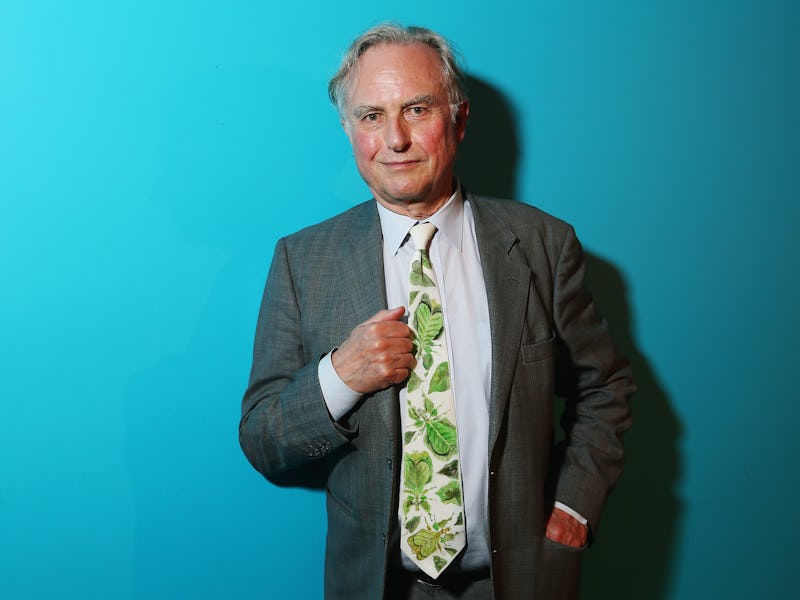Scientists Have More Bad News for Atheists
Fitting in isn't going to get any easier.

Atheists have had a rough year. They already ruffled feathers when a study published in May showed they think they’re more intelligent than everyone else, and now, new research shows that people around the world think they’re more likely than religious people to be a serial killer. In a study published in the journal Nature Human Behaviour on Monday, a team of American researchers found that people who were told a story about a serial killer were more likely to believe that the killer is an atheist.
Despite growing evidence that atheists and people of faith share similar world views, it seems that some deep-seated prejudices still exist.
In the survey, which was given to 3,256 people across 13 different countries on five continents — including very secular countries such as China and Finland, as well as highly religious countries such as India and the United Arab Emirates — people were asked to make a prediction about a person in a hypothetical scenario.
Stephen Hawking, a proud atheist, says that human reason and ingenuity are so advanced that God is unnecessary.
“In this task, participants read a description of a man who tortures animals as a child then as an adult exhibits escalating violence culminating with the murder and mutilation of five homeless people,” write the authors of the study, who were led by psychologist Will M. Gervais of the University of Kentucky. Then they were asked one of two sets of questions about the man: Half the subjects were asked whether it was more probable that “the villain is (A) a teacher or (B) a teacher who does not believe in god(s),” while the other half were asked whether it was more probable that “the villain is (A) a teacher or (B) a teacher who is a religious believer.”
The researchers used this strange wording to reveal unconscious biases toward atheists and religious people as opposed to indicating people’s explicit, conscious views regarding either group.
“We used this psychopathic serial killer because we thought that, even if people didn’t trust atheists enough to let them babysit their children, they wouldn’t necessarily assume them to be serial killers, Gervais told the New York Times.
Even though the researchers designed the survey to minimize explicit biases, the results were striking: They found that 58 percent of people said the villain was an atheist versus just 30 percent who said the teacher was a religious person.
“Our results offer strong evidence of extreme intuitive moral prejudice against atheists,” write the study’s authors.
Remarkably, it wasn’t just people of faith who held this view, but also atheists themselves. The researchers found that atheists were only slightly less likely than people of faith to label the villain an atheist.
Mark Zuckerberg, who previously identified as an atheist, has recently changed his views.
This bias towards faith as a path to morality has a long history, one that atheists seem to have trouble overcoming.
Perhaps this negative public perception explains why Mark Zuckerberg announced in December 2016 that he’s no longer an atheist and believes “religion is very important.” Regardless of whether he’s preparing for a 2020 presidential bid or simply trying to seem like a God-fearing American, if Zuck turns out to be a serial killer, it seems like not that many people would be surprised.